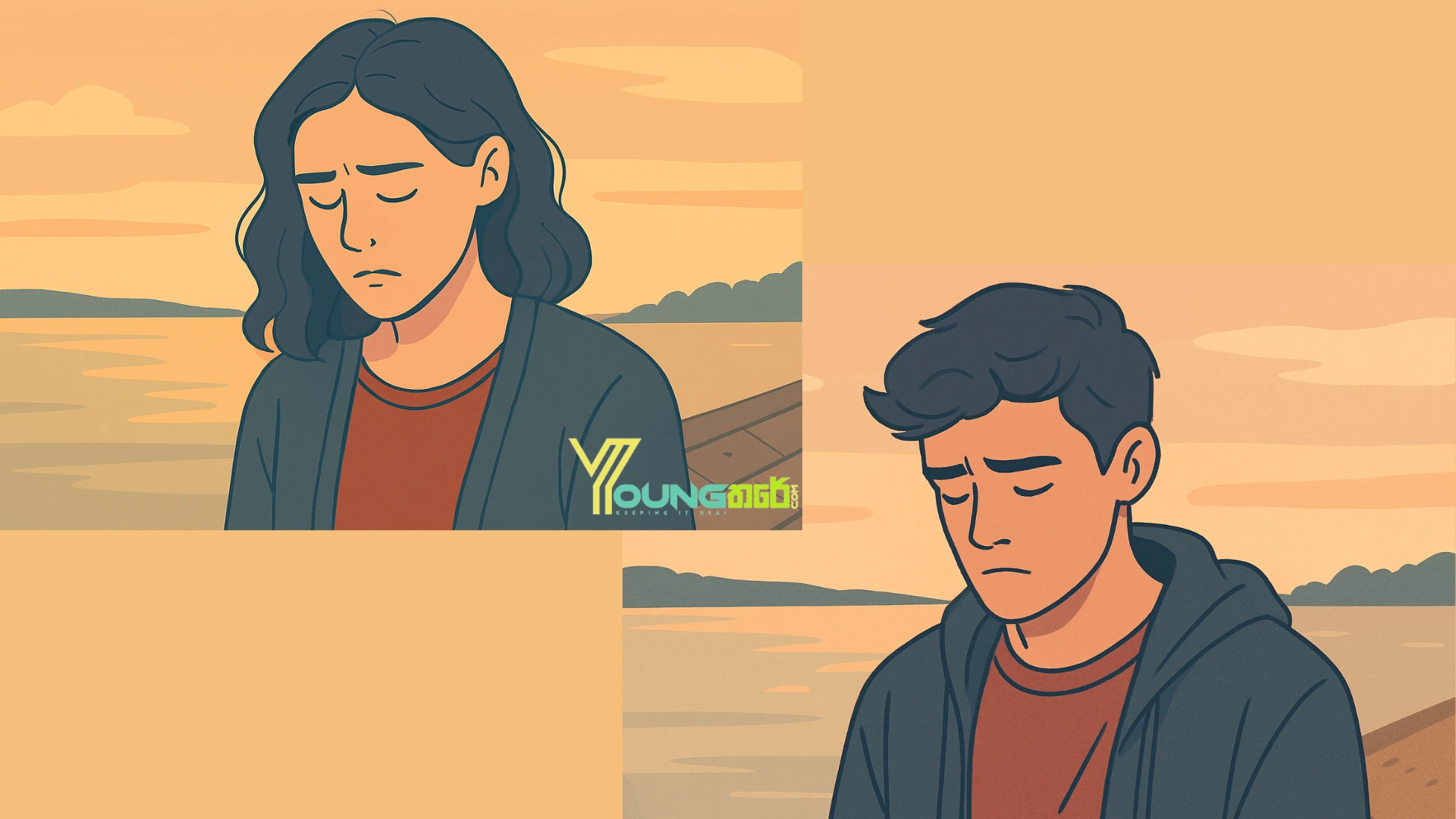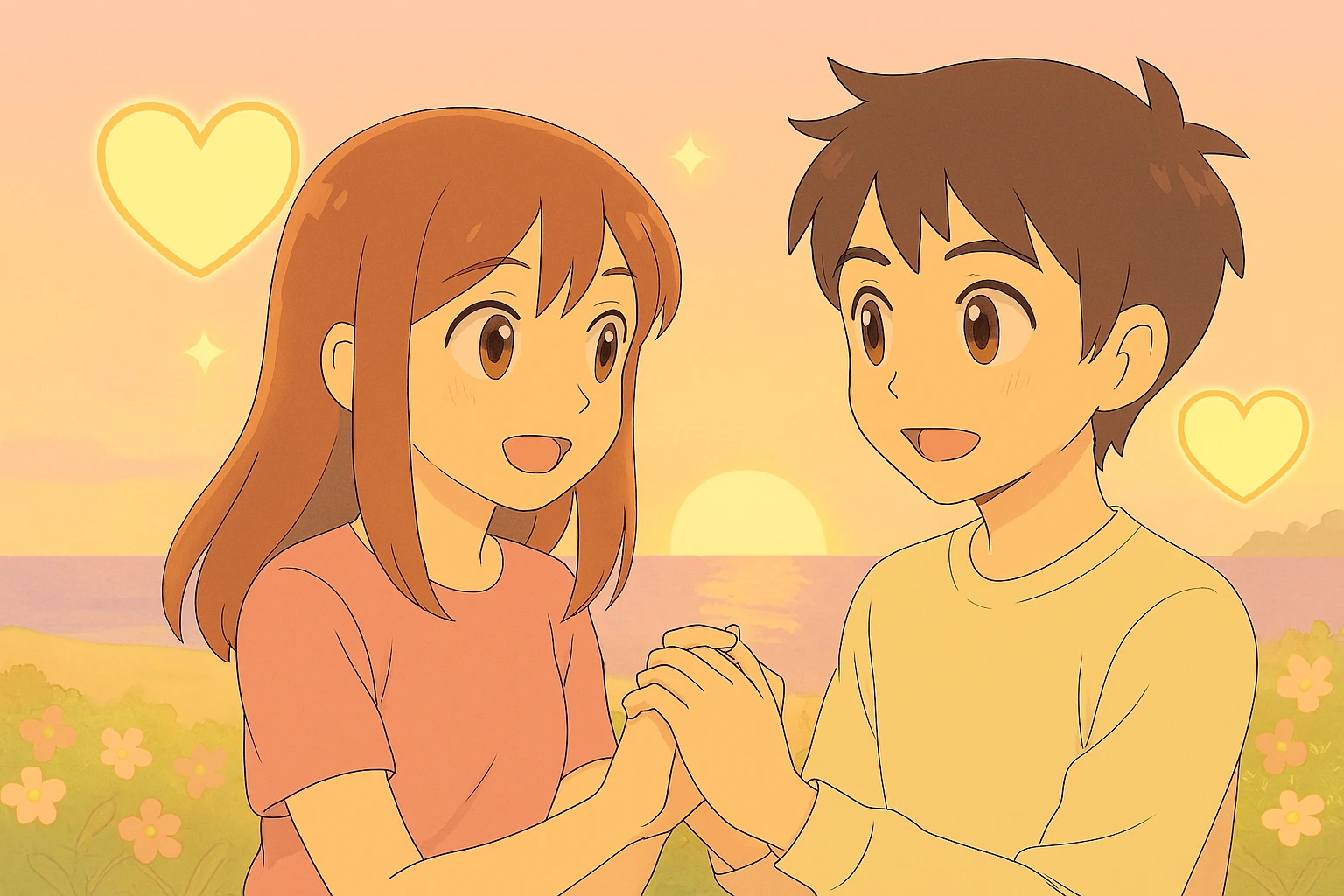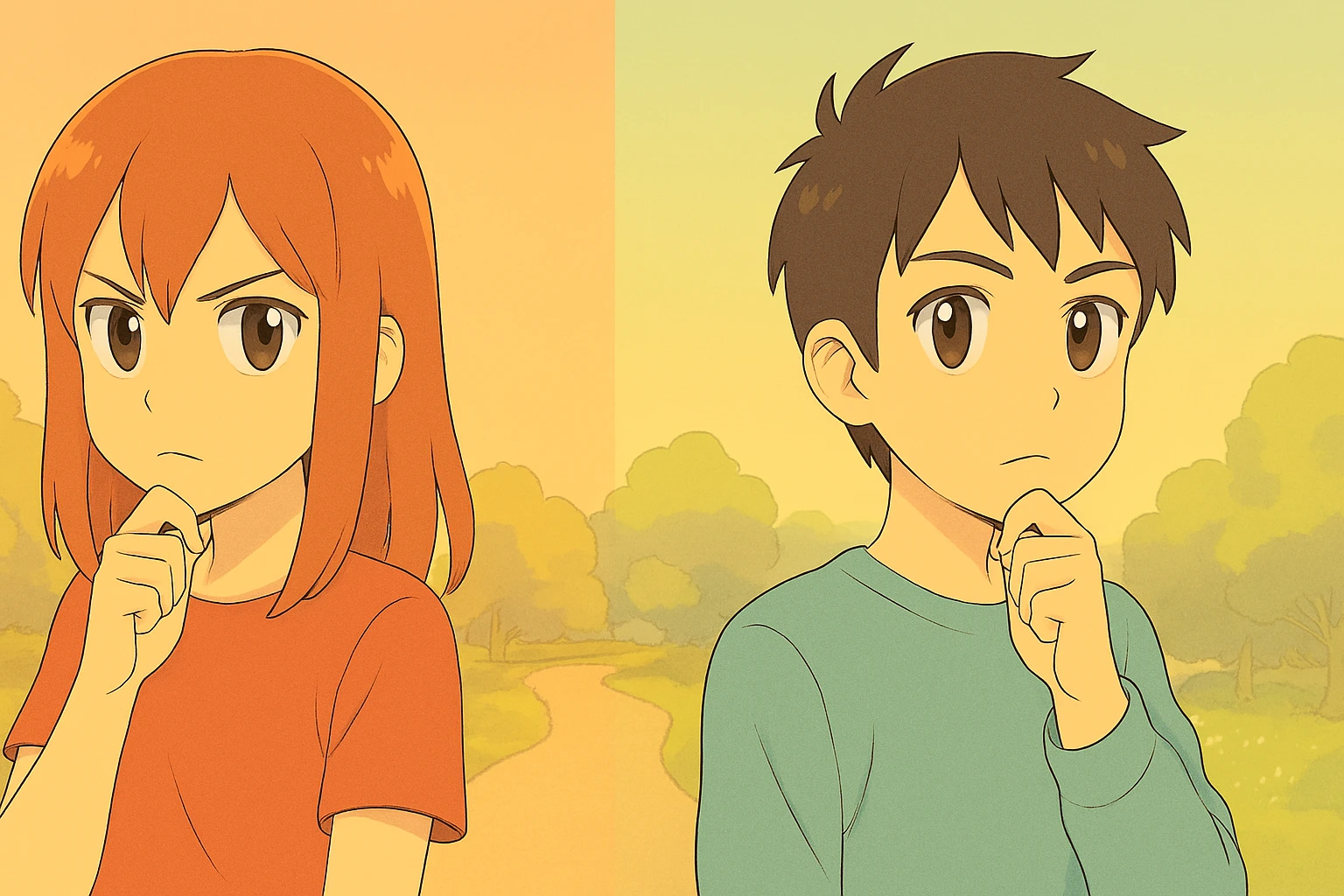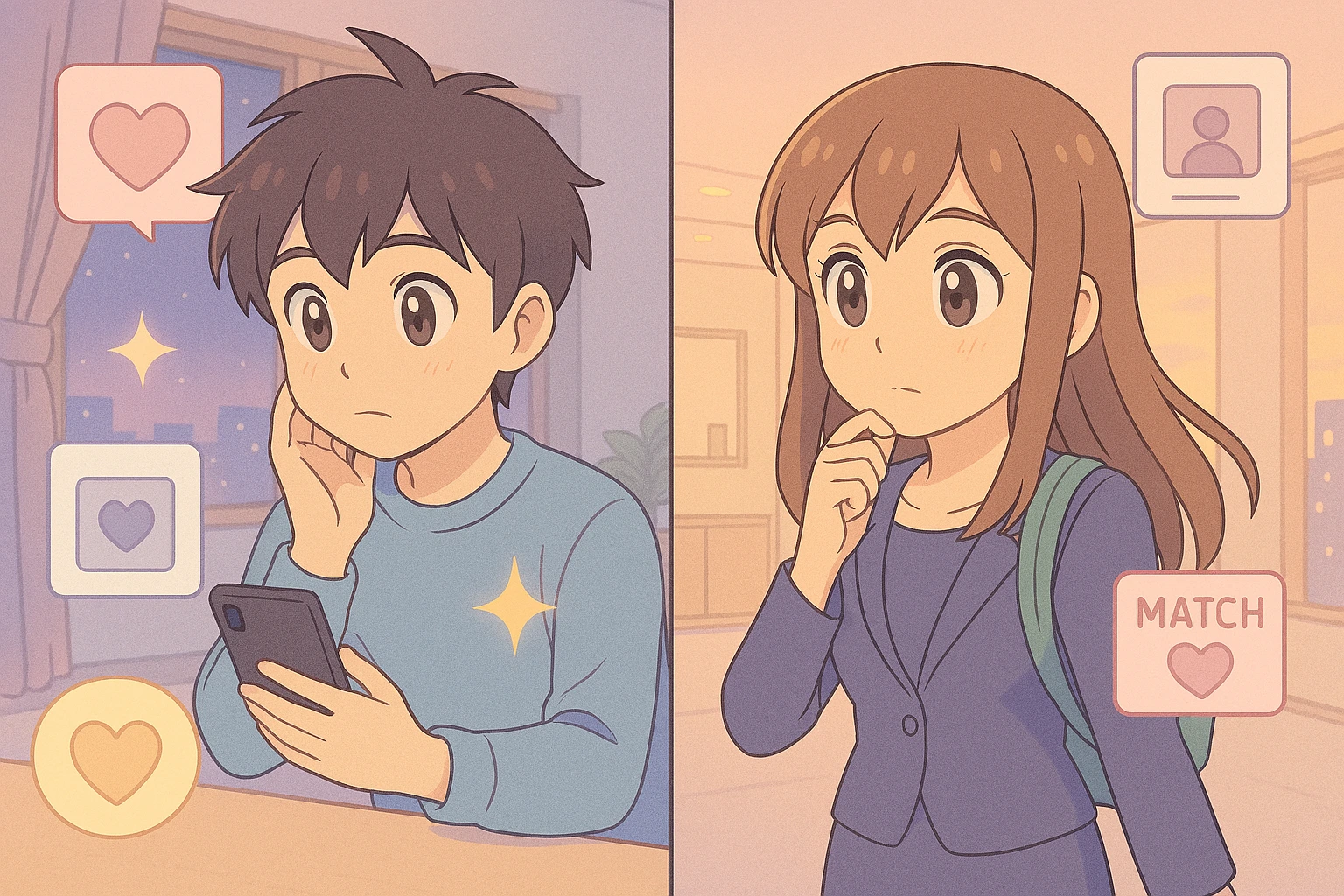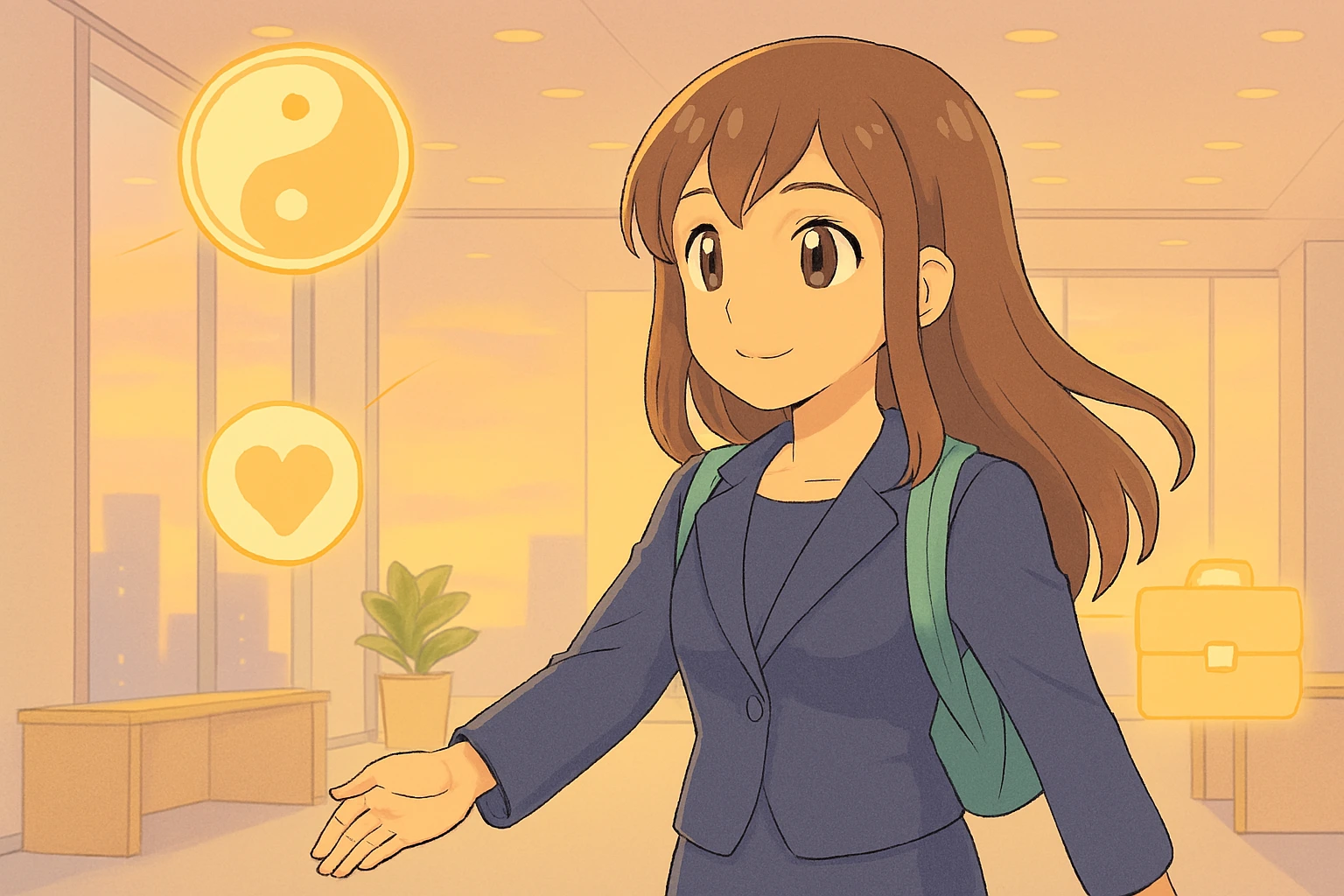September 10th is World Suicide Prevention Day. This year’s theme “Changing the Narrative on Suicide” asks us to do more than acknowledge the crisis. It asks us to speak, to listen, and to stay. It asks us to rewrite the silence that surrounds suicide and remind each other that our lives were never meant to be reduced to a single moment of despair.
This isn’t just a global issue. It’s a generational one. And it’s personal.
The Numbers We Cannot Ignore
Globally, more than 720,000 people die by suicide every year. That’s one life lost every 43 seconds. Suicide is now the third leading cause of death among people aged 15 to 29. For Gen Z, it’s not just a statistic, it’s something we’ve seen up close. In our schools. In our friend groups. In our own thoughts.
In Sri Lanka, the suicide rate stands at 16.3 deaths per 100,000 higher than the global average. While middle-aged men remain the most affected, there’s a rising wave among youth. Academic pressure, relationship breakdowns, economic instability, and the weight of social expectations are just some of the factors driving this crisis.
But numbers don’t tell the full story. Behind every statistic is a person who felt unheard, unseen, or unworthy. And behind every loss is a community left grieving, questioning, and carrying the silence.
Gen Z: We Feel Everything
We are the generation of hyper-awareness. We’ve grown up with mental health language, digital solidarity, and emotional literacy. We know what burnout feels like before we’ve even entered the workforce. We carry grief in memes, trauma in reels, and anxiety in every unanswered message.
We are emotionally fluent, but that doesn’t mean we’re emotionally safe. Knowing the vocabulary of pain doesn’t always protect us from feeling it. And sometimes, the very platforms that connect us also isolate us.
Still, we have tools. We have instincts. We have each other.
What we need is to build emotional hygiene into our daily lives. That means:
- Journaling without judgment
- Breathing before reacting
- Reaching out before retreating
- Seeking help before it’s too late
These aren’t just coping mechanisms, they’re survival skills. They’re reminders that we don’t have to carry everything alone.
The Aftermath We Don’t Talk About
Suicide doesn’t just end a life, it fractures many. Families replay every conversation. Friends wonder if they missed the signs. Communities carry the weight of unanswered questions. The grief is lifelong, often silent, and deeply complex.
If you’ve ever felt like your pain is too loud, remember: your absence would echo louder.
Your life is not disposable. It is not defined by a single moment or emotion. It is layered, worthy, and still unfolding.
And if you’ve ever thought that no one would notice if you were gone know this.. someone would. Someone already does!
Changing the Narrative Starts With Us
This year’s theme urges us to move from stigma to support. That means:
- Speaking openly about mental health
- Decriminalizing suicide and offering care, not punishment
- Training communities in emotional first aid
- Creating safe spaces where vulnerability is not weakness
In Sri Lanka, organizations like Sri Lanka Sumithrayo offer free, non-judgmental emotional support through walk-ins and helplines. You don’t need a diagnosis to ask for help. You just need to be human.
And if you’re not ready to talk to a professional, talk to someone you trust. A friend. A teacher. A cousin. A stranger on a helpline. Anyone who will listen without judgment.
What You Can Do… Right Now…?
- Talk to a counselor, therapist, or psychiatrist. Mental health is health.
- Call a helpline.. even if you’re not sure what to say.
- Check in on your friends. Not just the loud ones. Especially the quiet ones.
- Share resources. Share stories. Share space.
- Learn to sit with discomfort… yours and others’.
- Practice being present. Sometimes, that’s enough!
From One Gen Z to Another on World Suicide Prevention Day
We are not broken. We are brutally honest, emotionally raw, and wildly resilient. But we must learn to stay… even when it hurts. Because staying is revolutionary.. Staying is healing.. Staying is how we change the narrative.
We’ve all had moments where the weight felt unbearable. Where the silence felt louder than any scream. Where the future felt like a locked door. But here’s the truth: those moments pass. They always do. And what comes after is not just survival, it’s transformation.
You are not weak for feeling deeply. You are not dramatic for needing help. You are not alone in your struggle.
Your life is not a mistake. It is a complex… Some pieces are sharp. Some are soft…. Some are still missing. But it’s yours! And it’s worth building.
So if you’re reading this and you’re struggling;
- You are not a burden. You are a story still unfolding.
- You are not too much. You are enough.
- You are not alone. You are one of us.
Let’s keep writing this story.. together.

To read “Can Love Online Lead to Cybercrime? The Real Cost of Sharing Private Photos – How to Overcome this?“, Click Here.

